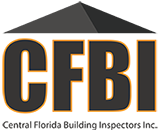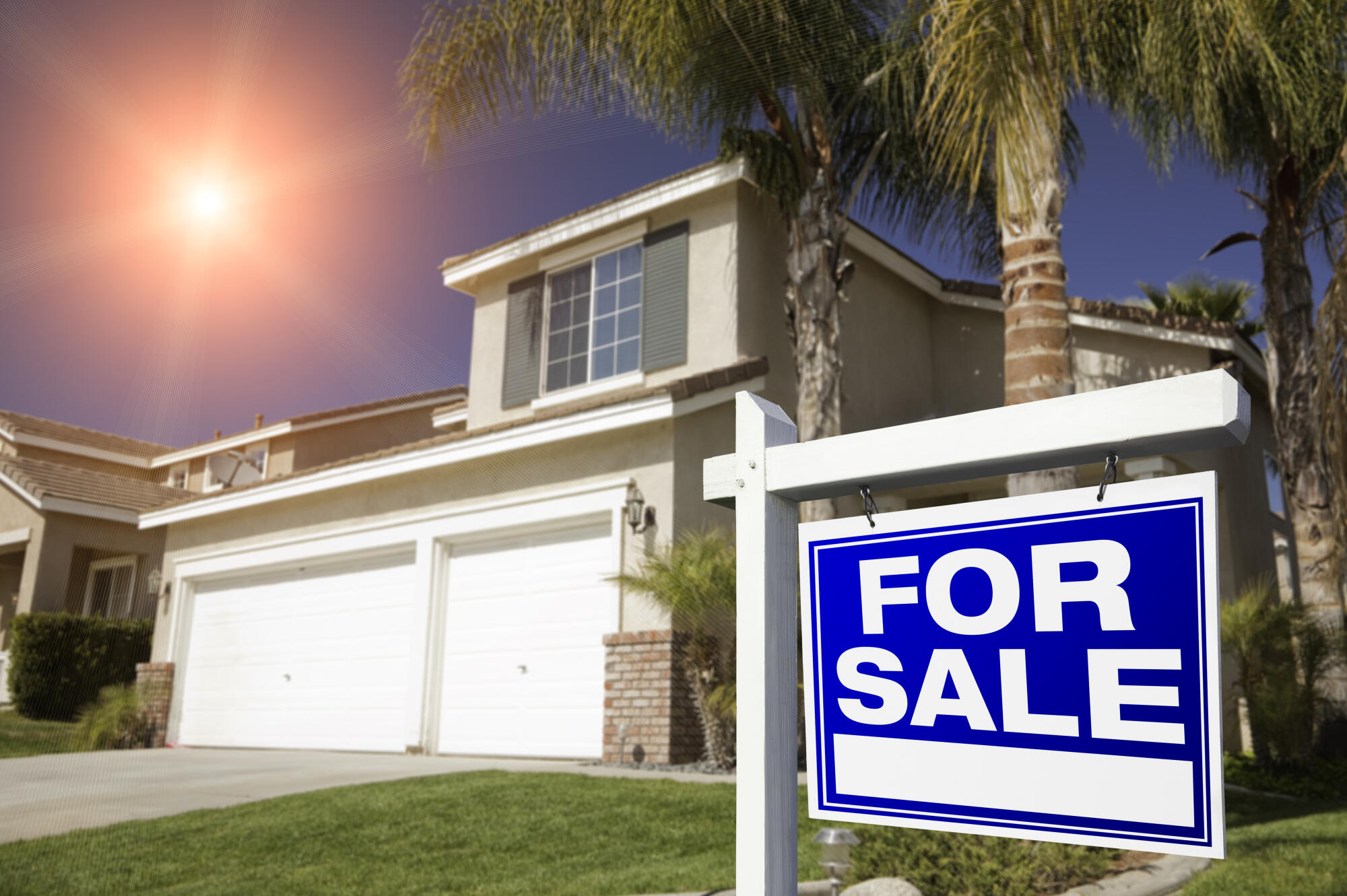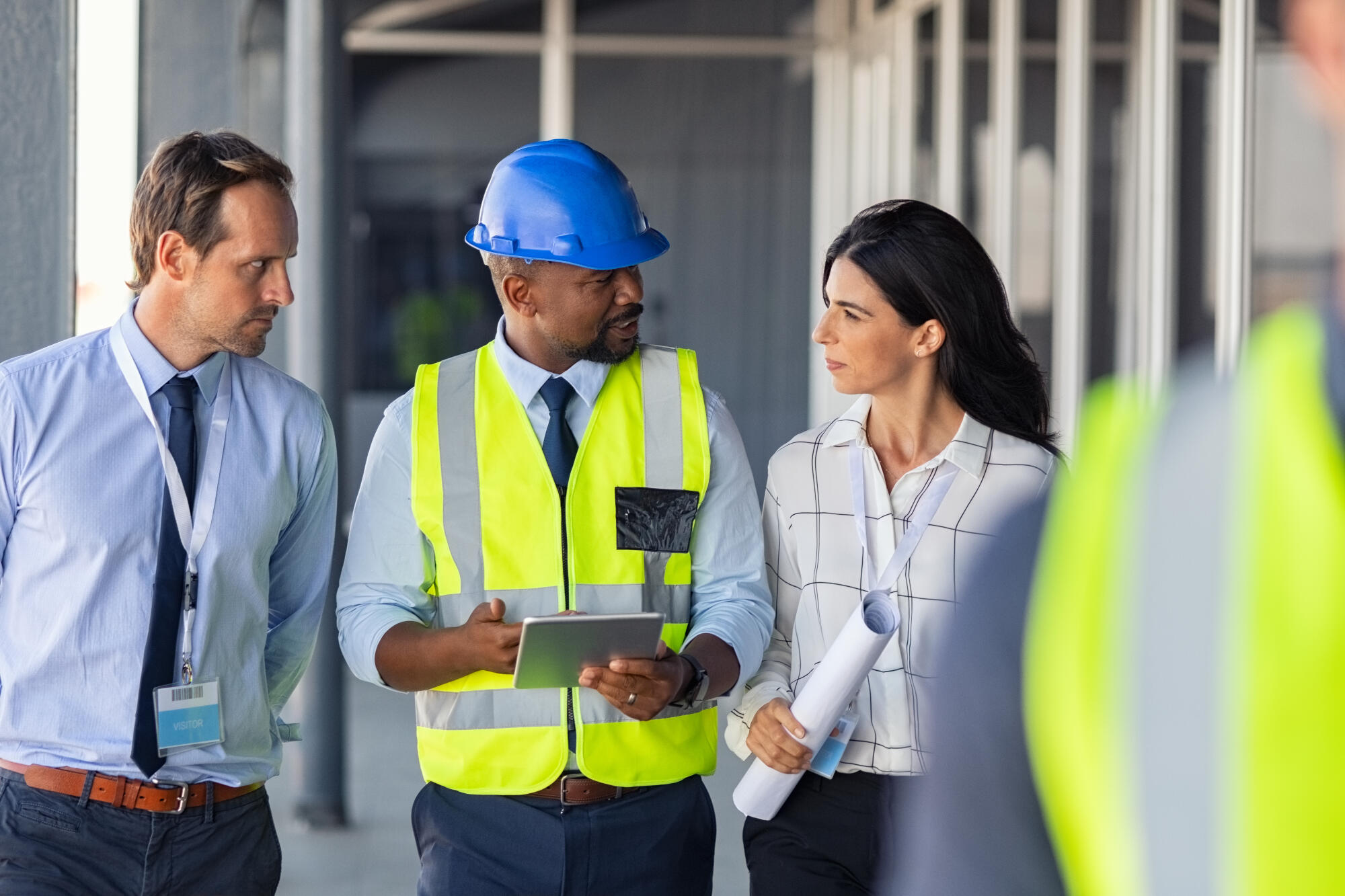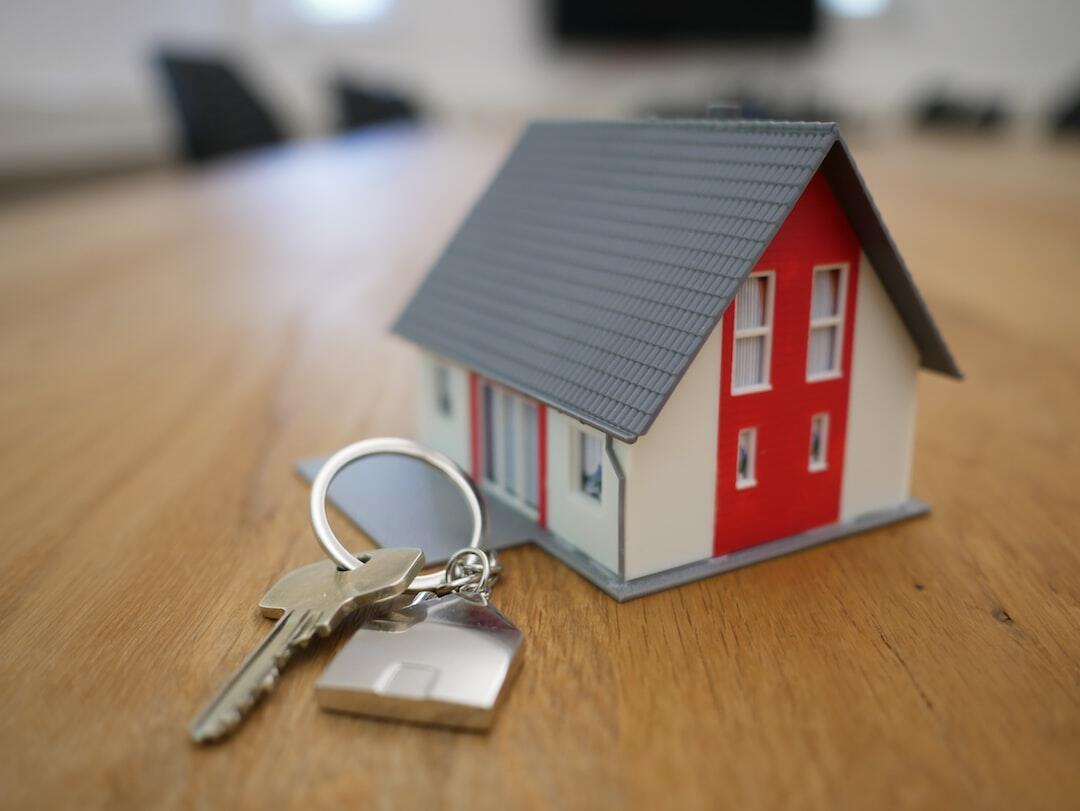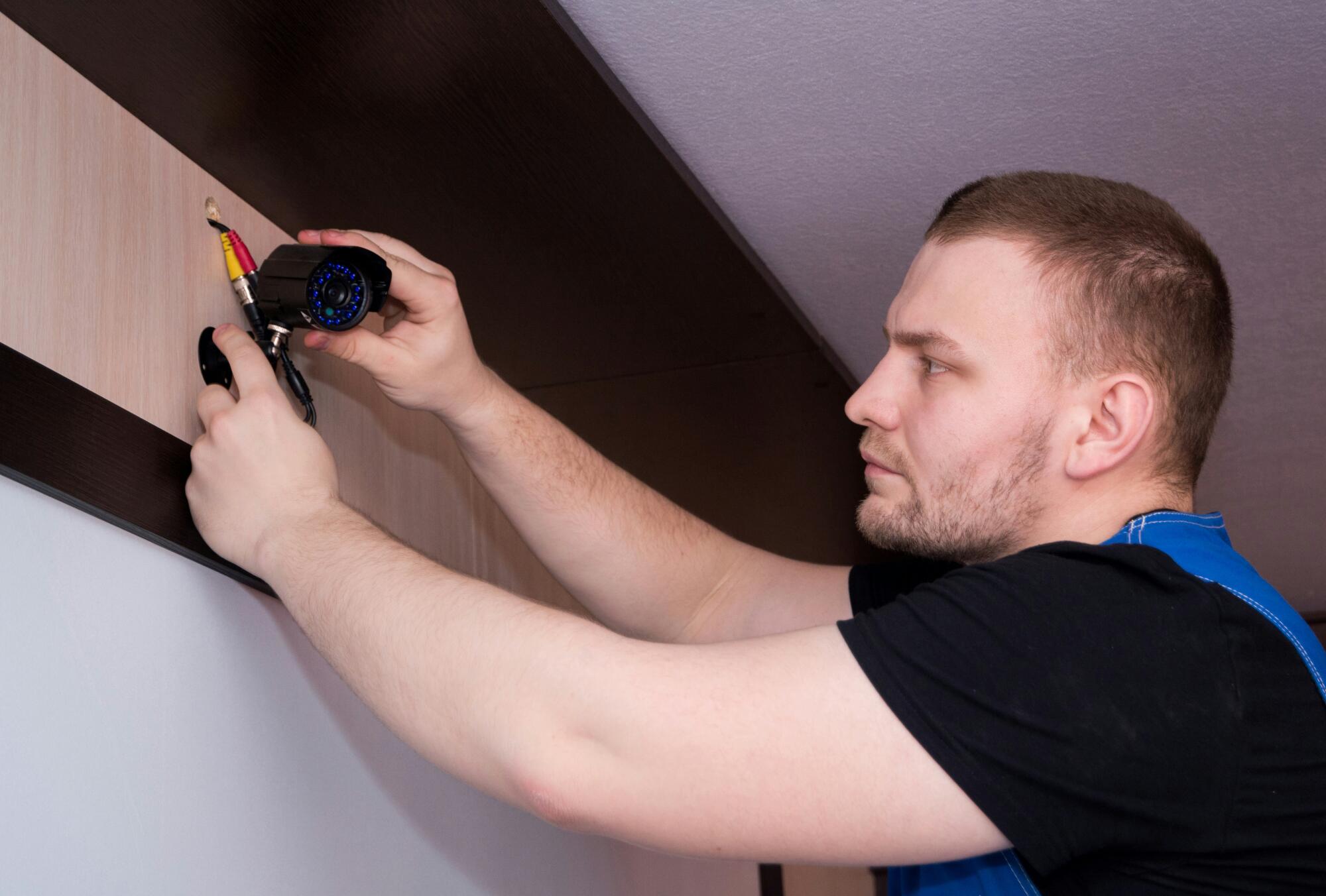Imagine owning property that paid for itself. You won’t have to worry about your mortgage, and you even have extra money to spend on other obligations. Your passive income stream will be significantly larger when you purchase commercial property.
However, it’s imperative to have a commercial building inspection checklist. This provides insight into key areas that need your attention.
The last thing you want is to buy a building that has underlying issues. Let’s explore what you should know when inspecting commercial property.
1. Roofs
Roofs are one of the most important segments of a commercial building inspection. Neglected roofs become safety hazards, such as if leaks are left unchecked.
A roof inspection will differ depending on the material the roof is made out of. To clarify, the process varies among metal roofs, slate roofs, and roofs with asphalt shingles.
2. Roofing Elements
The roof’s integrity isn’t the attribute inspectors will consider. They’ll also look at roofing elements. These include projections, flashing, gutters, etc.
Roofing elements are essential to consider since they play a large role in the overall quality of the roof. For instance, a roof with damaged roofing elements will likely be a concern during an inspection. This is true even if the integrity of the roof itself is relatively robust.
3. Exterior Wall Material
Many people overlook the importance of commercial building exterior wall inspections. As time goes on, exterior walls tend to accumulate damage from the elements. It’s not uncommon for sunlight, hail, snow, and ice to cause issues with masonry and siding.
Common problems include blistering, peeling, and cracking. Inspectors will also look for signs of termite infestations. These are essential to catch early before they evolve into a much greater issue.
4. Exterior Finishes
Finishes are susceptible to wear and tear. Vapor and condensation problems can also arise. A key component of a quality exterior finish is quality painting.
The paint should be free of cracking and peeling. Decorative elements are also inspected during this phase. These vary depending on the building, but they are typically made of stone, iron, or wood.
All three of these materials will deteriorate if left unchecked. They’re also vulnerable to the elements, particularly rain. Excess moisture can cause iron to rust and wood to rot, leading to potential damage.
5. Mechanical and Electrical Elements
It’s imperative to conduct a commercial building electrical system inspection. The same can be said about commercial building mechanical system inspections. Electrical inspections ensure power circuits run to the appropriate appliances.
They also ensure the wiring can handle the appliances that are used. To clarify, old buildings often weren’t wired in ways to accommodate the appliances used today. Mechanical inspections also include plumbing.
They look for obvious signs of deterioration or damage. They also inspect water and waste pipes for leaks or rust. The local gas company will test gas lines if they have not already.
6. Grounds
A crucial attribute of commercial building grounds is the ability to drain properly. Otherwise, water will accumulate and lead to exterior damage.
The grounds should be inspected after heavy rainfall to determine their capabilities to drain. Standing water is a major red flag that needs to be assessed immediately.
Those looking to purchase commercial property should never move forward with the transaction until they come up with a plan to handle this issue. As you might assume, a grounds inspection also assesses the landscape.
Elements like bushes and trees are examined for dead or diseased segments. At times, the presence of trees or plants could cause damage to the building’s exterior. This is especially true regarding paint.
In rare cases, tree roots could damage the building’s structure. If problems like these are discovered, action should be taken to resolve them and prevent them from reoccurring. This sometimes involves removing plants or trees entirely from the property.
7. Interior Inspection
This part of the inspection aims to identify structural issues within the building’s interior. Foundations are subject to a large number of stressors that can cause them to crack and expand.
Catching these early can mean the difference between whether you’re able to resolve them. The same can be said about undiscovered dampness. Each commercial building is different, and not every structure has the same elements.
In general, walls, floors, and ceilings are examined the most closely. Your inspector will also check the integrity of joists and beams. It’s crucial to hire a qualified professional, as oversights in this area can lead to significant injury and property damage.
Finding Commercial Building Inspection Services
Working with the right professional is imperative for getting the best results. Check their past reputation to see what other people have to say about their services. Were previous clients satisfied with their experiences?
Did they encounter issues the professional couldn’t help them resolve? Questions like these will provide valuable insight into what you can expect. Keep an eye out for fake reviews, as well.
It’s also important to check their pricing. You often get what you pay for, and it’s not recommended to choose the cheapest options. The last thing you want is to hire a budget inspection service that overlooks key attributes.
This can lead to a large number of complications, including legal issues. Do they seem enthusiastic about helping you? If they don’t seem interested in your project, you should continue your search elsewhere.
Don’t feel compelled to settle for service providers who can’t meet your needs. It’s best to look at their past projects, as well. As long as you do your due diligence, you’ll find the best inspection service for your needs.
Leverage Your Commercial Building Inspection Checklist
It’s imperative to properly consult your commercial building inspection checklist throughout the process. Otherwise, you can encounter a large number of issues you would’ve otherwise prevented. The tips in this guide will help ensure you get started on the right track.
Central Florida Building Inspectors prides itself on offering a large number of inspection solutions. We aim to deliver fast results without sacrificing quality. You’ll learn more about what we’re capable of when you get in touch with us today.
